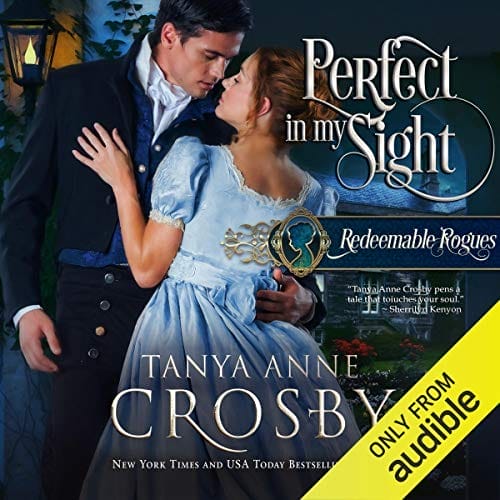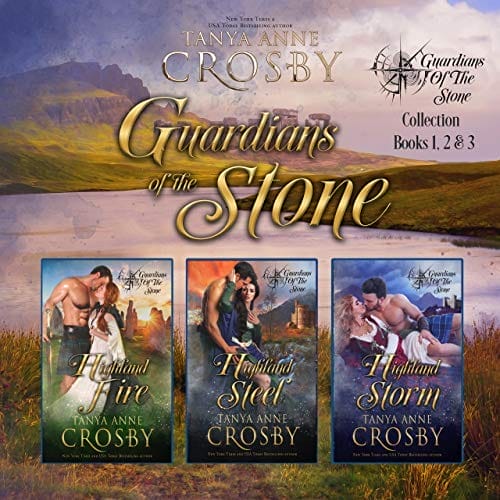Still interested in foreign translations?
Now, let’s rewind a bit, because up until now, we’ve assumed you already have a translator in mind. If you have no translator yet, and are searching for one, there are many ways to go about this. However, long before you get to this point, you must have decided how you will pay your translator. Whether you pay them up front, or use a royalty share, payment is crucial. No one wants to spend months translating your book and not get paid for it. Ideally, you will pay your translator what they are worth, either up front, or through royalties.
If you choose to use a service like Babelcube, or TraduzioneLibri (I have not used this one), these are a bit like ACX royalty shares, with the translator earning the majority up front. In my opinion, this is fair. If you choose this path to press, you must consider these books long term projects, and let go of short-term expectations. You’ll get these back free and clear in 5 years, if you so choose, and then you can distribute them anywhere. However, while they are on Babelcube, financially speaking, this is the translator’s time in the sun.
But what if my books don’t earn money for my translators? Well, this is something you, and your translator, must be willing to take a chance on, and in such case, both you and the translator must know when to say enough’s enough and move on. For example, I still have high hopes for the Dutch market, because these are very early days, and I see Kobo is expanding in that territory, but in all fairness, my Dutch translator has not earned any royalties on the book she translated for me, and although I did add in a signing bonus completely outside of Babelcube, I’m not pushing for more books in this market. While she is working on the sequel, it’s in her spare time, and so far, it’s been two years in the making without seeing its publication. In all fairness to her, I must allow her make the call on this one. This is where patience is a virtue.
But I’ve heard bad things about Babelcube! There has been lots of back and forth about this company, but for me, Babelcube has been a great thing. There is simply no way I could have translated 30 books into 5 different languages, not in the space of so little time. I will admit my greatest frustration with Babelcube is that they are a small company and their customer service has room for improvement. Regardless, whether or not you choose to use a royalty share deal, or to pay direct, YOU are the one responsible for hiring your translator. DO NOT accept the first translator who reaches out to you. Do your homework. These are the questions you should be asking: How many translations have they done? Have they ever translated fiction? Do they work with a proofreader? Do they have a good grasp on English (more than apparent from their e-mails). Search for other books they’ve translated on Amazon. What are the reviews their books have garnered? If they are poor reviews, is it because of story content? Or is it because of errors? This is YOUR homework and no one is going to do it for you. Plus, YOU have the greatest stake in this: Your reputation. Putting a bad book into publication into a new market is worse than having no book at all.
Okay, so on the other end of this deal, translators also have a responsibility to choose to work with authors they believe will pay off for them financially. But, in the end, sales in any given market are a bit of a crap shoot. While there are risks on both ends, your translator is investing a great deal of himself and his time into a project for someone mostly unknown to him, so be considerate of this. Expect them to be professional, but you be professional, too.
To sum up Babelcube, it isn’t a publishing house. While they do cursory checks, no one is insuring that all translators who apply to translate your book are serious, or even capable. You can’t think of this path in that way. Just as “anybody can publish,” “anyone can also translate.” All the work you would put into hiring a translator direct, you must still apply to translators here. All Babelcube is, aside from a place to facilitate meetings between authors and translators and fulfill distribution, is a different financial option. Period. It provides a means for you to pay over time for translations you will own free and clear after five years. If you earn a bit on these titles before then, well, good for you!
The pros of Babelcube: low cash output (mostly covers, formatting, and possibly proofing), you own translations after 5 years, you don’t have to manage money.
The cons: you have almost zero control over distribution, almost no control over marketing (although you do have the option of running special promotions), and you and the translator may not earn out, given the limited control.
Okay, so maybe you don’t like the idea of Babelcube, and you don’t want to wait for your money, and most importantly, you have plenty of capital to invest. Go direct. Know that if you are choosing to go direct, you are taking the biggest risk up front, but now that I’m more than 100 books in, I can tell you I prefer it, though I would not choose this path with a new, unknown translator, unless they come to me as a recommendation. And even then, one shoe doesn’t fit all, so this doesn’t absolve you from doing your homework. I’ve managed nearly all my German translations this way, and I’m so pleased I did.
Whether you’re working through Babelcube or going direct, once you’ve discovered teams you work well with, and trust them, you might want to begin paying for a few direct translations. The upside here is substantial for everyone. The translator gets paid up front. You retain all your book’s rights, and you can distribute wherever and however you wish. Clearly, this is not an option available to everyone, because translations can run from 1.5k to 10k, varying widely, and then you still have to pay a proofer, on top of the cover artist and formatting. However, I have chosen to do this for most of my German books, many of my French books, and a few of my Italian books, with no regrets. Hands down, German has had the greatest rewards, but my French sales are great, and Italian as well. However, for some reason, it seems there are a great many Italian translators on Babelcube, so I chose to do most of these titles through that medium. Whatever the language, direct will give you the most control to work with vendors to promote your books. This is your goal!
Also keep in mind, that once you get to a certain stage, even direct translations will provide more production options, including short-term and long-term royalty share plans with translators you trust. You must decide what you’re willing to live with and what is best for you and your translator. At best and worst, this is a highly symbiotic relationship, and if you’re fortunate enough to find great translators, treat them as your partners. No, you shouldn’t have to pay them for the life of your published translation, but you do owe them respect.
And I can’t stress enough: Do your homework. A bad translation is worse than having no translation at all. You won’t grow in that market and whatever sales you get will be pennies toward a derailed career in <insert country>.
And know this: Even if you do your homework, it’s no safe-guard against a bad translation. People get lazy. And yet, if you do your part along the road to publication, you’ll lessen the chances this will happen, and if something slips by, because, let’s face it, nobody is perfect, there are ways to deal with this, including kill fees.
Also, keep this in mind: I know MANY authors who have had books translated by publishers only to hear nightmare stories about the translation, or of books cut short in non holistic ways. Indies are not the only ones who are subject to these issues.
There is no reason, in my opinion, not to do translations—except one, and this one is more than valid. Indies wear a LOT of hats. If you don’t want to manage one more process, don’t do it. Either hire someone you trust to manage the process for you, or pursue foreign translations the old-fashioned way, through an agent. Ultimately, you’ve got to do what works for you, but I’m guessing if you’ve read this far, it’s because, like me, you’re not in the mood to let traditional obstacles stand in your way. The good news is, these are not traditional times. Good luck!
 I’m so flattered so many people are willing to buy my books without reading descriptions, but please, PLEASE don’t do that. I’m in the process of creating sweet, clean reads of my classic books, and I make it clear in the book description every time I publish one of these, so you don’t accidentally purchase a title twice. Although The MacKinnon’s Bride and Page are FREE at the moment, and I don’t worry as much about these, I do still get incensed 1-Star reviews from readers who had to “buy” these titles twice. Not only does it make me feel bad, considering I’m doing this for you, it makes me feel bad for you as well, and it does make me reconsider the wisdom in creating these new editions.
I’m so flattered so many people are willing to buy my books without reading descriptions, but please, PLEASE don’t do that. I’m in the process of creating sweet, clean reads of my classic books, and I make it clear in the book description every time I publish one of these, so you don’t accidentally purchase a title twice. Although The MacKinnon’s Bride and Page are FREE at the moment, and I don’t worry as much about these, I do still get incensed 1-Star reviews from readers who had to “buy” these titles twice. Not only does it make me feel bad, considering I’m doing this for you, it makes me feel bad for you as well, and it does make me reconsider the wisdom in creating these new editions.![]()

 We launched last Saturday to a wonderful reception–thank you everyone! Since then tanyaannecrosby.com has had more than four thousand visits! Woohoo! I hope you’re enjoying my new site! And, if you haven’t done so yet, be sure to put your name in the hat to win one of four great prizes. You can do that
We launched last Saturday to a wonderful reception–thank you everyone! Since then tanyaannecrosby.com has had more than four thousand visits! Woohoo! I hope you’re enjoying my new site! And, if you haven’t done so yet, be sure to put your name in the hat to win one of four great prizes. You can do that 



